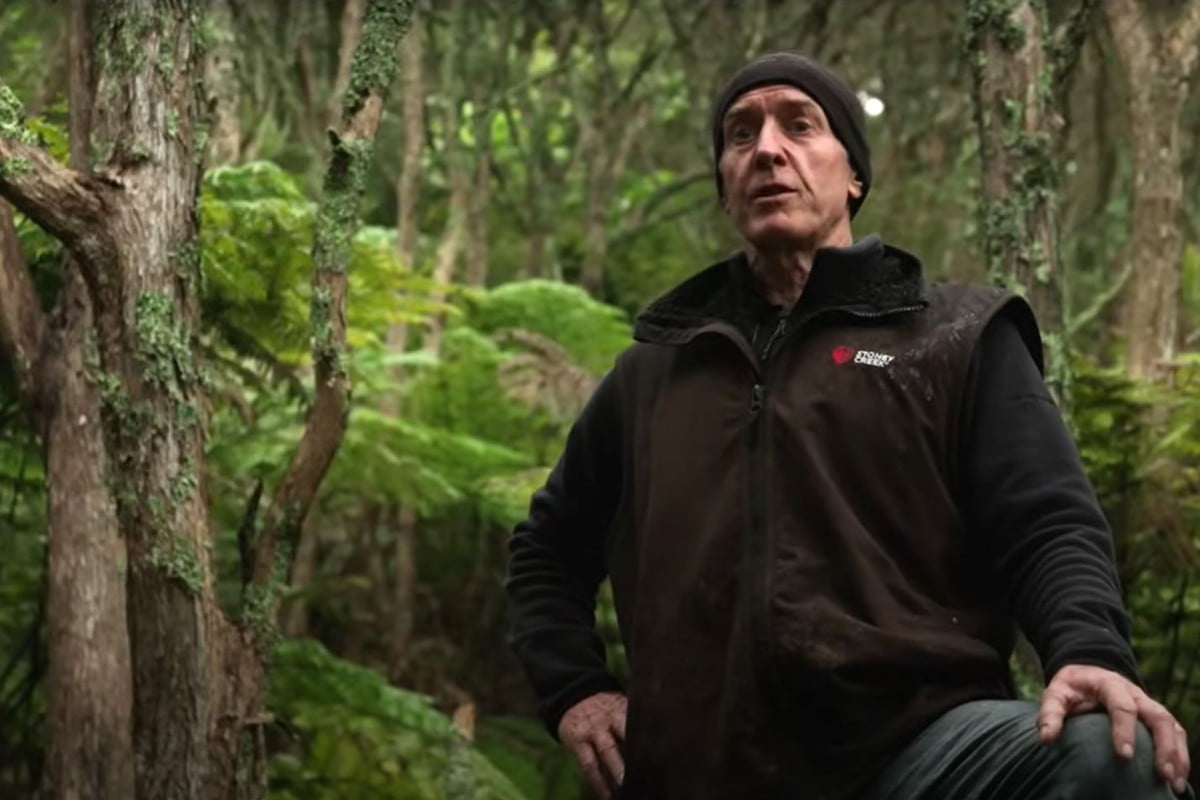New Zealanders Trust Our Farmers – But We Can All Do Better
New Zealand’s farmers are trusted, but there’s still work to do. That’s the topline take-out from Farming for Good, a comprehensive research collection that explores New Zealanders relationship with food and farming.
The urban-rural divide is a myth. The public consider farmers themselves to be the most trustworthy source of information about food and farming. Generally, urban and rural New Zealanders agree on what ‘good farming’ actually looks like.
These are just some of the findings from Farming for Good, a new collection of social science research exploring New Zealanders relationship with farming.
Initiated by the Our Land and Water National Science Challenge, the collection is New Zealand’s most comprehensive study of the social licence to farm, drawing on findings from five research projects conducted during 2022–2023.
“The Farming for Good research collection is about understanding where trust and connection is strong in our food & farming system, where it might be faltering and how to build it back,” says Peter Edwards – Senior Researcher at Manaaki Whenua Landcare Research and lead on the ‘Connecting Food Producers and Consumers’ research project.
The collection also launches alongside a social experiment. The ‘Food & Farming People’s Panel’ brings the research to life. It asks hard questions of eight everyday people from across the food system – like how climate change makes them feel, what the farmer of the future looks like and how we solve New Zealand’s food security issues.
Topline findings across the 26-piece collection include:
- Farmers and the public generally define ‘good farming’ similarly. Both agree that it’s about transparency, looking after staff and animals well, maintaining biosecurity, decreasing chemical inputs and following regulations. Farmers also considered ethical and sustainability practices, good pasture management and profitability to be critical parts of ‘good farming’, while urban New Zealanders prioritised family-run farms with a strong attachment to place, selling locally, using good management practices, and organic/regenerative/biodynamic farming practices as traits of ‘good farming’.
- 82% of public respondents thought farmers themselves are the most trustworthy sources of information. Followed by scientists, some sources of media and farming industry bodies.
- 65% of the public already feel connected to the farmers and want to learn more about on-farm practices, ideally from farmers themselves.
- New Zealanders are constantly negotiating the social license to farm. This conversation can be mapped by considering what issues are being negotiated (e.g. animal welfare, protecting high class soils or food security), the physical places where negotiation happens (e.g. farming events, media or supermarkets) and some of the ways people choose to negotiate (e.g. advocacy campaigns, product marketing or awards).
- There is no deep divide between the general perceptions of urban and rural New Zealanders.
- The two main concerns about farming across all New Zealanders are environmental impact and rising costs of food/farming inputs.
- Rural and urban people both recognise a disconnect between them. They blame institutions – government, media and supermarkets – for this, rather than each other.
- When asked about progress would look like, urban people want to feel confident that farmers are taking action for the environment, while farmers want to see more positive, real stories about farming in the media.
- Food is a connection point – urban New Zealanders value farmers for the food they grow and recognise their role in creating jobs and managing the environment.
- Assurance and labelling schemes are a cornerstone of farming in New Zealand. They ensure compliance with regulations, which in turn underpin international trade and people’s trust in farming. But they need to evolve quickly to keep pace with technological, social, cultural and market changes.
- Food and housing are currently ‘competing’ with each other for land space – urban sprawl is eating up the best land for food production. A new approach to peri-urban land-use planning is needed – where landscapes are designed to provide both local food production and new housing. This approach would support urban-rural community connection, wellbeing and food resilience, among other benefits.
- In one study, bringing urban and rural businesses together to talk about sustainability resulted in a raft of changes to reduce environmental impact, and saw urban businesses looking to the rural sector for inspiration.
“People’s sense of trust and connection with the food and farming system changes as practices, trends, tools and crises change. So this research serves as a temperature check of public sentiment and offers leaders across our communities, farming sector and government pathways to further deepen this special relationship,” says Edwards.
To learn more about the collection, visit Farming for Good.
More information:
The five projects contributing research to the ‘Farming for Good’ collection include:
Author
 View Our Strategy Document 2019 – 2024
View Our Strategy Document 2019 – 2024




Leave a Reply